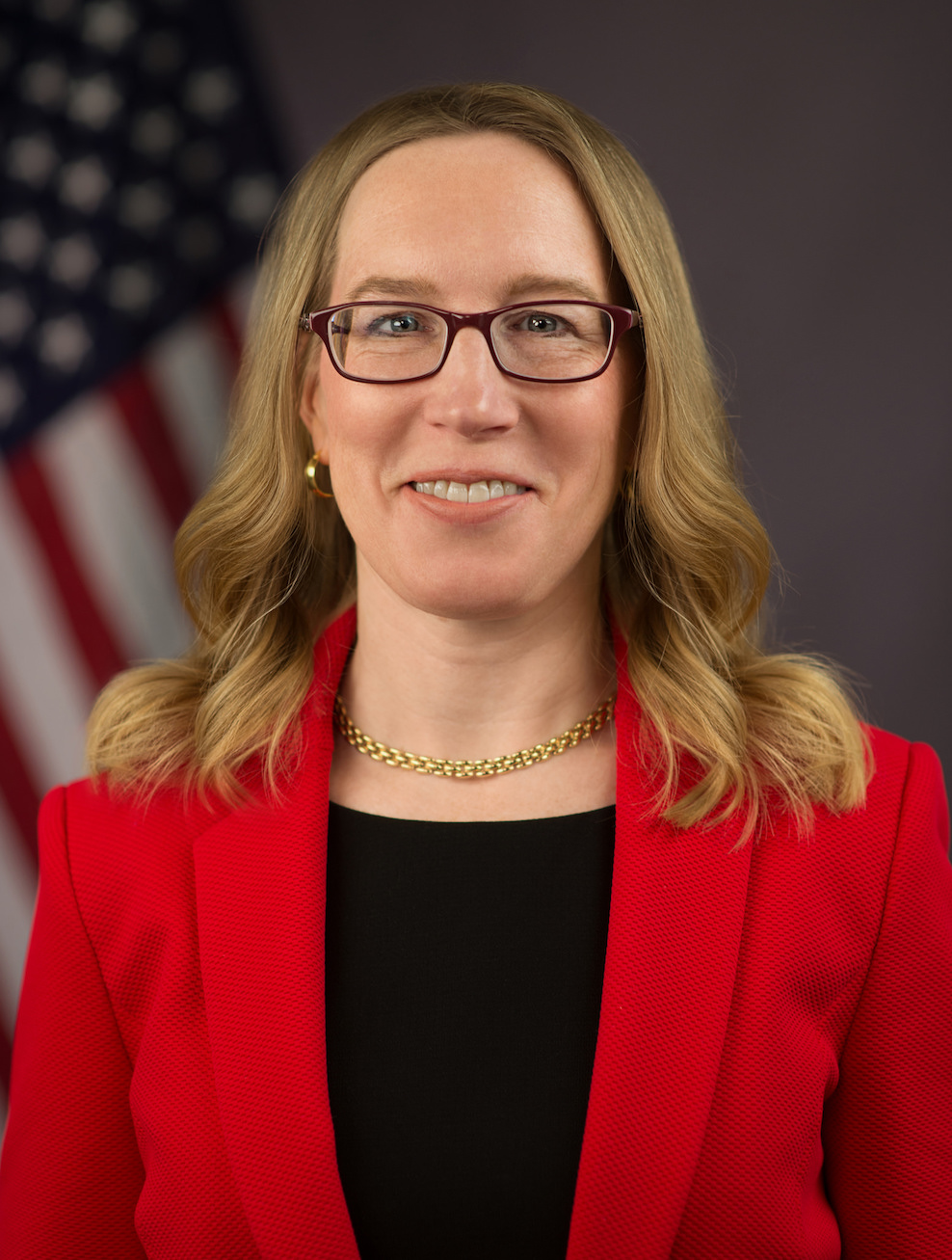
Grygo is the chief content officer for FTF & FTF News.
An overhaul is coming for Form N-PORT via amendments recently passed by the Securities and Exchange Commission (SEC).
“Form N-PORT reports provide important information about a fund’s portfolio holdings and related information to help assess a fund’s risks,” the SEC explains.
“The Form N-PORT amendments will require … generally registered open-end funds, registered closed-end funds, and exchange-traded funds organized as unit investment trusts — to file reports on Form N-PORT on a monthly basis within 30 days after the end of the month to which they relate,” according to the SEC.
Now, funds file the monthly reports “on a quarterly basis within 60 days after quarter-end. The amendments will also make funds’ monthly reports on Form N-PORT available to the public 60 days after the end of each month instead of every third month of a quarter only,” according to the SEC.
The SEC also:
- Adopted reporting amendments and issued a guidance “related to open-end fund liquidity risk management program requirements,” including amendments to Form N-CEN that require “open-end funds to report certain information about service providers used to fulfill liquidity risk management program requirements so that the commission can track certain liquidity risk management practices;”
- Provided guidance for “certain aspects of open-end fund liquidity risk management program requirements to address questions raised through outreach and monitoring;” and
- Declared it will triple “the amount of Form N-PORT data available to investors in a given year, enhancing investors’ ability to review and monitor information about their funds’ portfolios.”
The SEC says the amendments to Forms N-PORT and N-CEN will take effect on Nov. 17, 2025.
“Funds generally will be required to comply with the amendments for reports filed on or after that date, except that fund groups with net assets of less than $1 billion will have until May 18, 2026, to comply with the Form N-PORT amendments,” SEC officials say.
Representing the majority that passed the amendments, SEC Chair Gary Gensler says in a prepared statement the more frequent flow of portfolio data “will enhance investors’ ability to review and monitor their funds. For instance, investors could more regularly assess how their funds are meeting their investment objectives, and to what extent their funds’ portfolios overlap.”
The SEC also wants timelier information to improve its oversight.
“As the primary regulator of the asset management industry, the commission relies on such information in its oversight. Increasing the timeliness of the reports helps the commission monitor industry trends, identify risks, inform policy and rulemaking, and examination and enforcement efforts,” Gensler says.
Not all were happy with the amendments.
In a statement explaining her vote against the amendments, SEC Commissioner Hester M. Peirce questioned “the benefits of an amped-up filing schedule” and, among other issues, focused on the costs these amendments will bring to firms.
“Industry commenters of all sizes expressed concerns about the costs of these amendments,” Peirce says. “While the commission suggests that the costs associated with the new filing deadline are not so bad in light of existing recordkeeping obligations, commenters provided detailed rebuttals emphasizing that ‘aggregat[ing] the information within 30 days for internal collection purposes’ — which they must do under current rules — is a very different exercise than preparing that information for filing.”
Peirce quotes another commenter: “ ‘Form N-PORT is an extraordinarily detailed report, requiring funds to provide a variety of information regarding assets and liabilities, performance and flows, portfolio holdings, portfolio risk metrics, liquidity and liquidity risk management, derivatives, and derivatives risk management and securities lending.’ ”

Hester Peirce
To complete the form, “involves the focused involvement of multiple employees. Many of the employees charged with Form N-PORT filing duties ‘are also responsible for preparing (or contribute information to) funds’ annual and semi-annual reports, including the associated Schedules of Investments,’ ” argues Peirce, citing a commenter.
“In hopes of mitigating these calls on strained resources, some commenters requested an expansion of the new 30-day filing requirement to 45-days or more for small entities. We ignored those calls,” Peirce says.
Peirce also argues that the amendments undercut the Capitalist underpinnings of market discipline.
“One of the justifications for the change is that we need information during times of market stress so that we or our financial regulatory colleagues can do something. If history is any guide, that something is likely to be a bailout of some sort. And then our friends on the Financial Stability Oversight Council will use that rescue to argue for more control over open-end funds. Changes like the ones we are making today set the groundwork for replacing market discipline with regulatory micromanagement,” Peirce says.
Gensler’s statement can be found here: https://shorturl.at/qWtE0
Peirce’s statement can be found here: https://shorturl.at/uevD1
Need a Reprint?